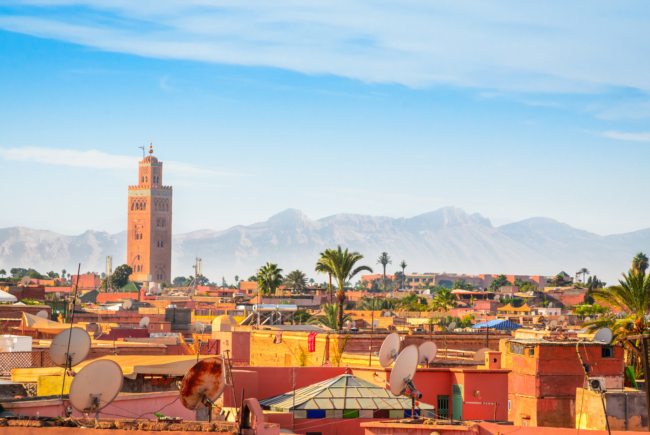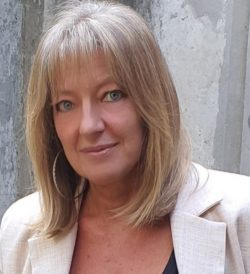

UNESCO’s seventh International Conference on Adult Education (CONFINTEA VII) takes place in Marrakech, Morocco 15-17 June 2022. Photo: UNESCO Institute for Lifelong Learning
UNESCO’s seventh International Conference on Adult Education (CONFINTEA VII) takes place in Marrakech, Morocco 15-17 June 2022. Photo: UNESCO Institute for Lifelong Learning
Katarina Popovic from ICAE answers some questions about this milestone event and the civil society’s role in it.
One of the most important events of the adult education world is just around the corner. UNESCO’s seventh International Conference on Adult Education (CONFINTEA VII) takes place in Marrakech, Morocco 15-17 June 2022.
Over 1 000 participants from adult education organisations across the world are expected to join either in person or online to examine effective adult learning and education policies.
CONFINTEA is often said to shape global adult education for the next decade, but what does this actually mean?
We talked to Dr. Katarina Popovic, Secretary General of the International Council of Adult Education (ICAE). In CONFINTEA VII, ICAE organises the Civil Society Forum (CSF), one of the key events preceding the conference.
What makes CONFINTEA such an important event?
CONFINTEA is what you would call a milestone event, and it only happens once in 12-13 years. The tradition of organising the conference started after the second world war and it is one of the few spaces and processes for global policymaking in adult education.

Katarina Popovic
I say “process” because the discussions and consultations of CONFINTEA start well before the actual event. Countries come together to discuss common issues and priorities and commit themselves to strategies and actions for the future. This is as important as ever, as the issues we face are also increasingly global, such as climate change, migration, social-economic challenges and conflicts.
How does CONFINTEA impact adult education across the world?
The key document produced at CONFINTEA will be a new framework for action on adult learning and education. This new instrument, the “Marrakech Framework for Action”, will be adopted to guide the development of ALE in the coming decade.
Adult education does not belong solely to the government but is a shared responsibility.
The decisions made at CONFINTEA are not binding – as education often does, we rely on guidelines and recommendations. However, the global policymaking of CONFINTEA does usually also translate into national policymaking and legislation and, through that, has an impact on the daily work of practitioners, researchers and everyone involved in adult education.
What role does civil society play at the conference?
Civil society has been recognised as an important part of adult education at CONFINTEA since the 1980s – adult education does not belong solely to the government but is a shared responsibility.
At the Civil Society Forum we organise as part of CONFINTEA, organisations from across the globe come together to review the latest developments in adult learning and education and also form the final set of civil society recommendations for CONFINTEA VII and the Marrakech Framework for Action.
What we as the civil society expect from the Marrakech Framework is probably not the same as the governments expect from it – but this is what the whole process of discussion is about, to negotiate and see where we can agree.
What do you hope to see in the new Framework for Action?
First, we would like to have more commitment to financing adult education from the governments. This will be an important point for discussion.
We need to be very careful about the concepts and discourses we accept, as they also shape our reality.
Another tricky point will be around the right to education. In the draft for the framework for action, there is a suggestion to replace the right to education with the right to lifelong learning. Now, as fond as we are of the concept of lifelong learning, we believe education is central.
Whilst learning very much relies on the individual and can take place anywhere, we also need something that is systematic, structured and for which the government is accountable. We need to be very careful about the concepts and discourses we accept, as they also shape our reality.
I believe digitalisation will be another hot point for discussion. There is a strong push to move all adult learning and education into the virtual world, which we don’t agree with. In some documents I have even seen the term “right to connectivity” – as if giving people a good wifi would be enough for learning.
There is a strong focus on sustainable development at this year’s event. What are you looking forward to in the discussions?
I am very interested in seeing how the climate crisis will be discussed at CONFINTEA.
What I insist on as a representative of the civil society but also as a researcher is that when we talk about the climate crisis, the responsibility cannot be shifted solely onto the individuals.
We need more civic education and political literacy on how to make our governments and the big companies accountable in climate issues.
Author







